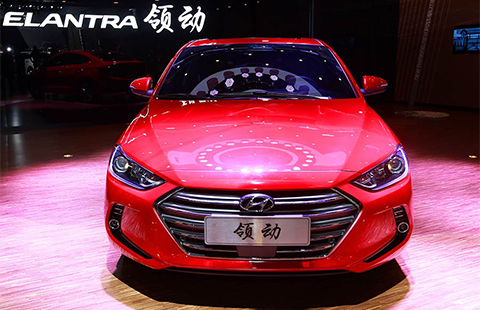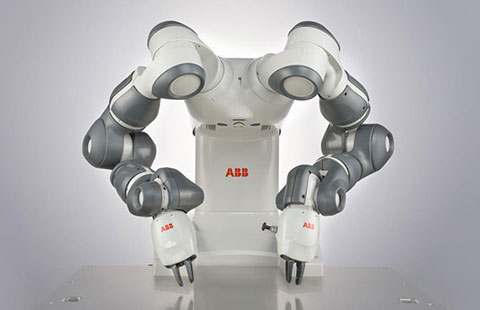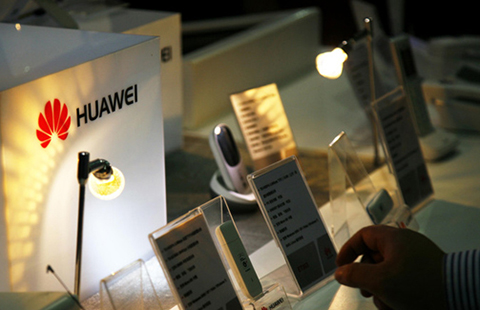Flying high on back of cultural diversity
By Wang Wen and Lu Haoting (China Daily) Updated: 2015-11-27 07:56How has a slowing Chinese economy affected Airbus? How do you realign your business strategies in China?
The slowing Chinese economy doesn't affect the air transportation industry. The growth (of air transportation in China) this year is 12.5 percent, well above the GDP growth.
There are several reasons for that: First of all, the domestic market is still very active. The only constraint we face in the domestic market is with regard to the capacity of airports, air traffic management and slot constraints. In the international market, there have been big developments. For instance, because of the new visa policy in the US, I think air traffic to the US will increase by about 50 percent this year. The low fuel prices are also helping carriers to become more profitable. This is a good period for long-term investment.
But some say that because of lower fuel prices, carriers may not have any urgent need to upgrade their fleet with more fuel-efficient aircraft. What do you think about such comments?
In China, you have a big part of aircraft acquisition due to air traffic growth. When talking about the replacement of aircraft, we have not seen what you described.
When you buy a new aircraft, you buy it for the next 15 or 20 years. Nobody can say if the low fuel price scenario would exist for 15 to 20 years. So there is no impact on the procurement. Low fuel prices help airlines to be more profitable and to have more cash, so they are able to buy more aircraft.
How do you lead and motivate international staff?
I think this is a source of motivation for our people because working in an international environment is clearly more exciting. This is more challenging because people have different views and perspectives. But when you manage to align these cultures, you get stronger. I see it as part of Airbus' DNA and more importantly, a big success factor. When you have only one culture, you miss opportunities, and risks of becoming arrogant are more.
My commercial director is an American. He (Airbus sales chief John Leahy) is the best enemy of Boeing. One day I'm sure we will have Chinese or other nationalities at the top table of Airbus.
What is an effective leadership for leading a company? How has your style of management changed over time?
Effective leadership is motivating people and, in a big company like Airbus, aligning people on the same objective. It's also giving a vision to the group, making sure that people understand their future.
Style of management depends on the situation. When I was restructuring Airbus, I was probably seen as much tougher. Now the situation is much better. So I don't think there is just one unique style of management.
- Alibaba on the media acquisition trail again
- Searching for the right overseas shopping deal
- Black Friday becomes a global event
- Lanzhou noodles pull in big business at lunch time
- Free trade reform 'could be widened' in right time
- Startup company aims to place smart robots in every home
- Black Friday opening doors to Chinese shoppers
- China, Russia plan bullet train joint venture

















